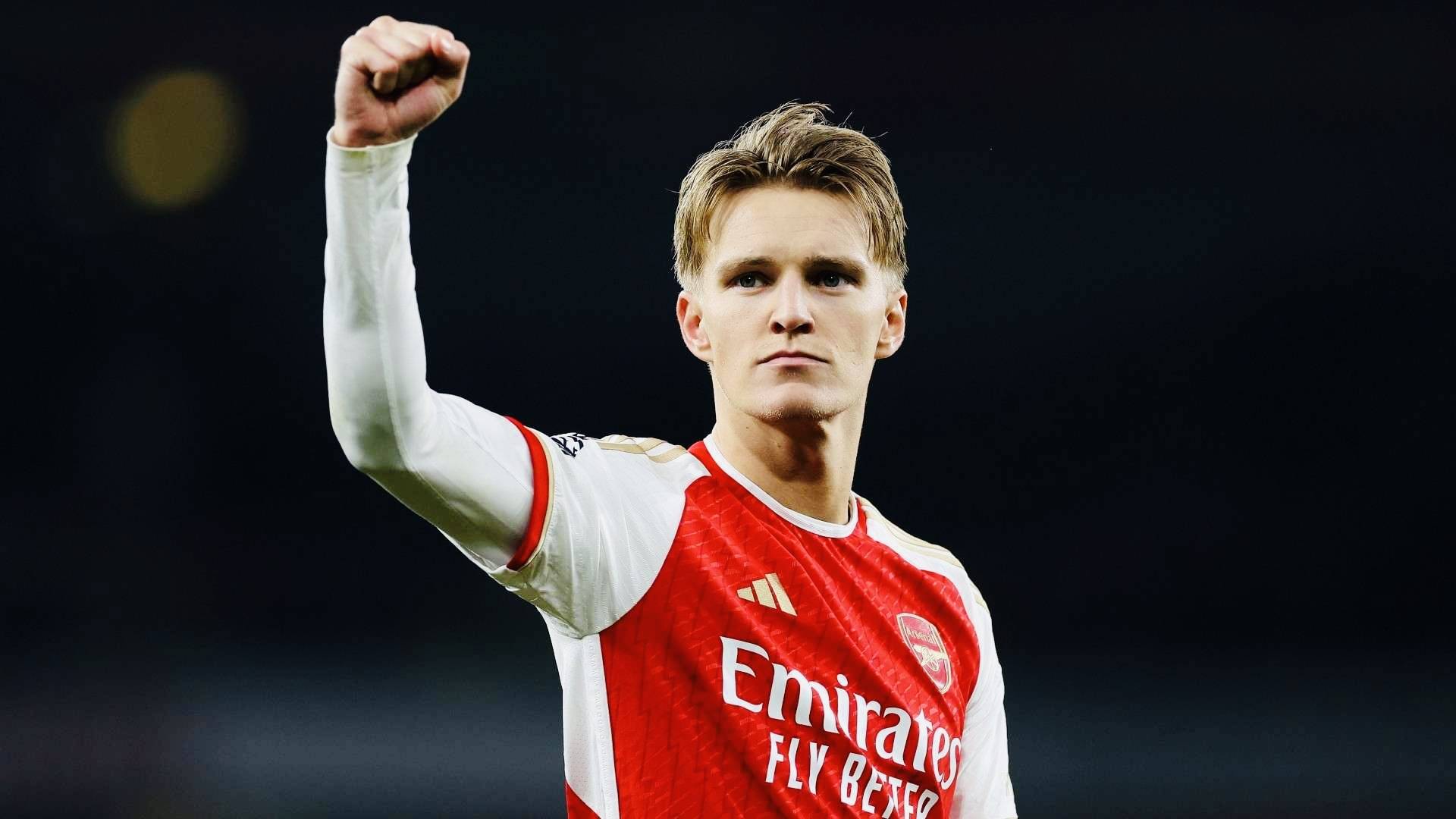Carlo Ancelotti, the legendary Italian manager known for his calm demeanor and vast experience at the highest levels of football, recently reflected on Martin Ødegaard's journey and his early days at Real Madrid. In a candid moment, Ancelotti acknowledged the Norwegian midfielder's exceptional potential, which was evident even when Ødegaard was just a teenager.
“When Martin Ødegaard first joined Real Madrid, he was only 16 years old,†Ancelotti began. “Even back then, his talent was undeniable. He had an extraordinary technical ability, excellent vision on the field, and a footballing intelligence far beyond his years. We all saw that spark in him—the kind of spark that only a few young players possess.â€
Despite the obvious promise Ødegaard showed during his early days in Madrid, Ancelotti explained that the situation at the club made it difficult for him to fully showcase his abilities. Real Madrid, as one of the most competitive clubs in world football, has always had a squad filled with established stars, and breaking into the starting eleven as a teenager is no easy feat. “At that time,†Ancelotti continued, “Real Madrid already had a highly competitive midfield. It was a team filled with world-class players who were in their prime. It wasn’t a matter of lacking quality—it was more about timing and opportunity.â€
Ancelotti went on to explain that Ødegaard, like many young players at big clubs, faced the difficult choice between staying at a club where minutes were scarce or taking a leap elsewhere in search of regular football. “Martin made a very mature decision,†he said. “He understood that to grow as a player, he needed to be on the pitch consistently, not just train with the first team or make the occasional appearance.â€
Instead of waiting for an opportunity that might never come, Ødegaard chose to leave Madrid temporarily to find a place where he could develop his game. Over the next few years, he took on a series of loan spells, first to the Dutch Eredivisie, then to Spain’s La Liga again, and eventually to England. These experiences proved invaluable. “What he did was brave,†Ancelotti remarked. “He went out, challenged himself in different leagues, adapted to various styles of play, and most importantly, he played.â€
Ancelotti praised Ødegaard’s determination and work ethic, noting how those years away from the Bernabéu allowed him to grow not just technically, but mentally as well. “He didn’t give up,†he said. “Instead, he embraced the process, matured, and learned what it takes to become a leader. That kind of growth only happens through experience.â€
Eventually, Ødegaard made a permanent move to Arsenal—a club with a rich history and a strong presence in European football. Ancelotti acknowledged the significance of the move. “In the end, he went to one of the best clubs competing in the Champions League. That’s not a step down in any way—it’s a step in the right direction for a player like him. Arsenal gave him the space to be himself, to take responsibility, and to lead.â€
At Arsenal, Ødegaard has become a vital part of Mikel Arteta’s setup. His creativity, passing range, and leadership on the pitch have made him one of the standout midfielders in the Premier League. “You can see it now,†Ancelotti added. “The qualities we saw when he was 16 are still there—but now they’re refined, more complete. He’s no longer just a promising youngster. He’s an excellent footballer, a leader, someone who is helping his team compete at the highest level.â€
The Real Madrid boss closed his thoughts with admiration rather than regret. “Sometimes, at a club like Real Madrid, you simply don’t have room for everyone at the same time. But that doesn’t mean we don’t recognize or appreciate the talent. We knew Martin had something special—it just wasn’t the right moment here. Now, he’s proving that talent on a big stage, and I’m very happy to see that.â€
Ancelotti’s comments serve as a reminder of how complex player development can be, especially at elite clubs. Not every star is made at the club where they start, and sometimes, stepping away is the key to unlocking one’s full potential. For Ødegaard, the decision to leave Madrid wasn’t a failure—it was a necessary step that led him to success, and perhaps more importantly, to fulfillment.


